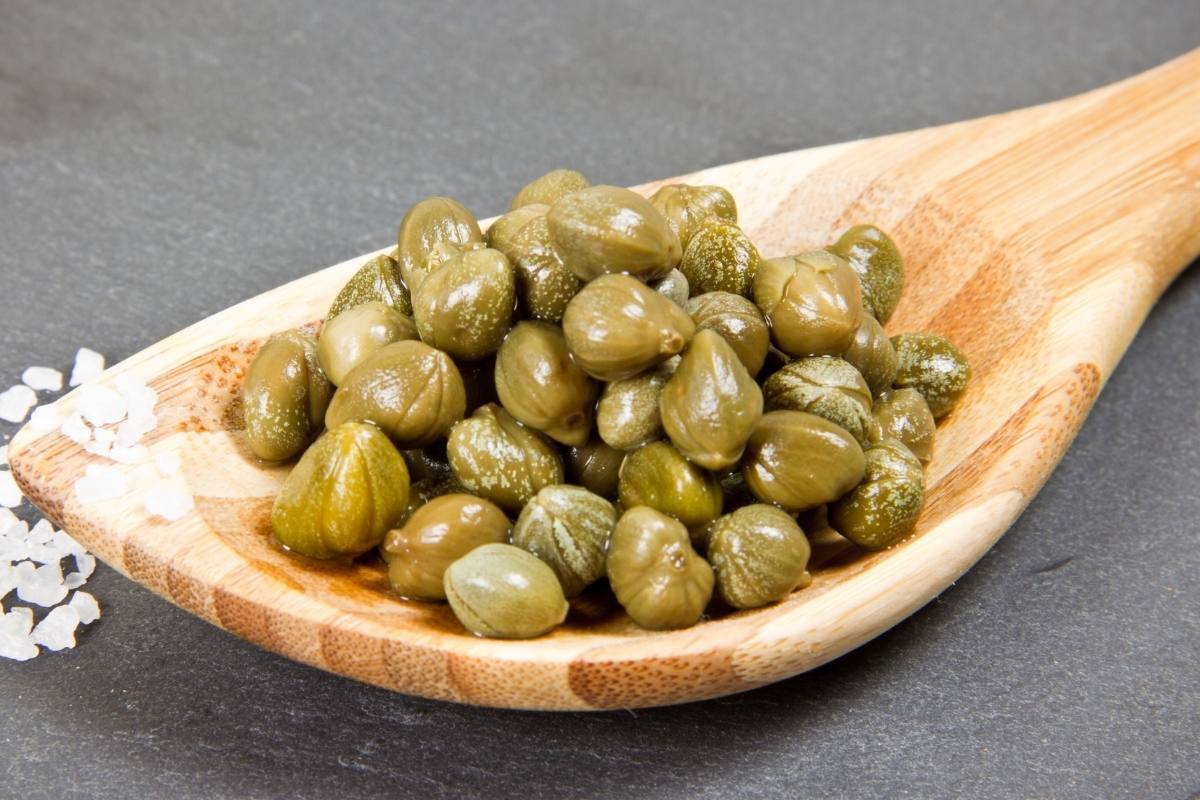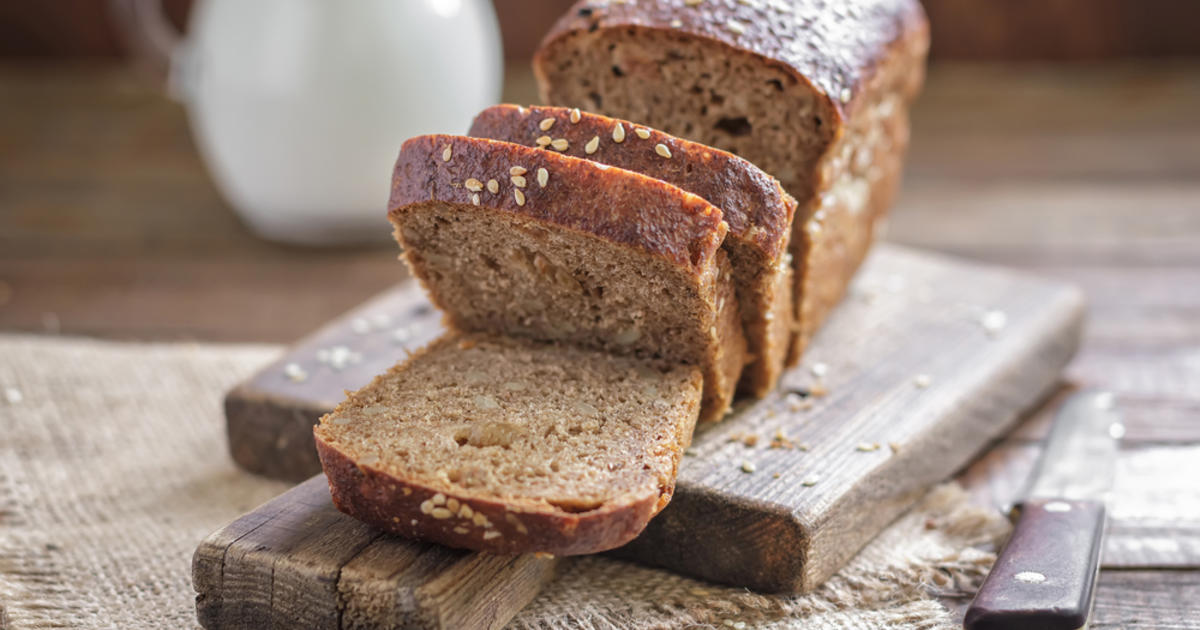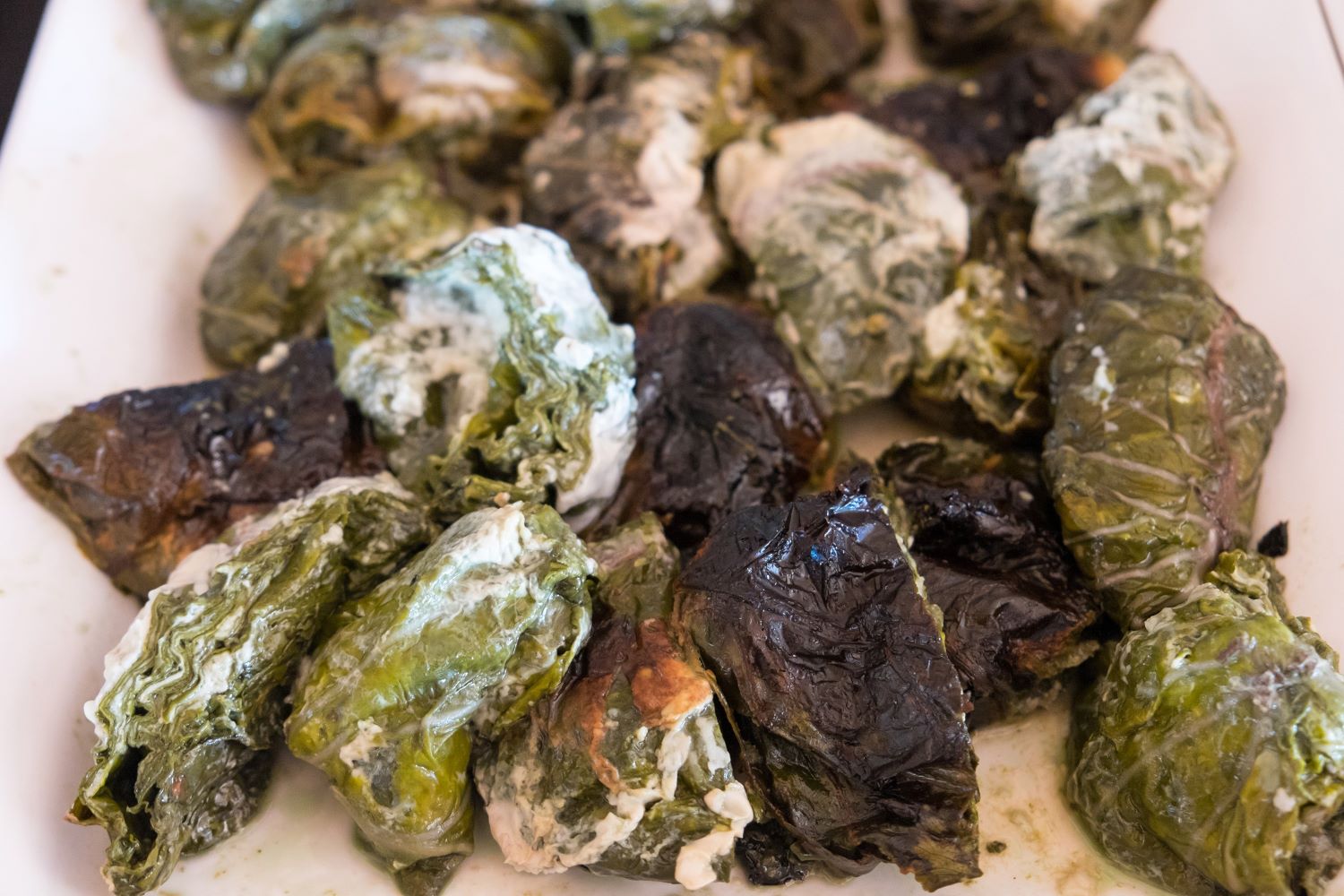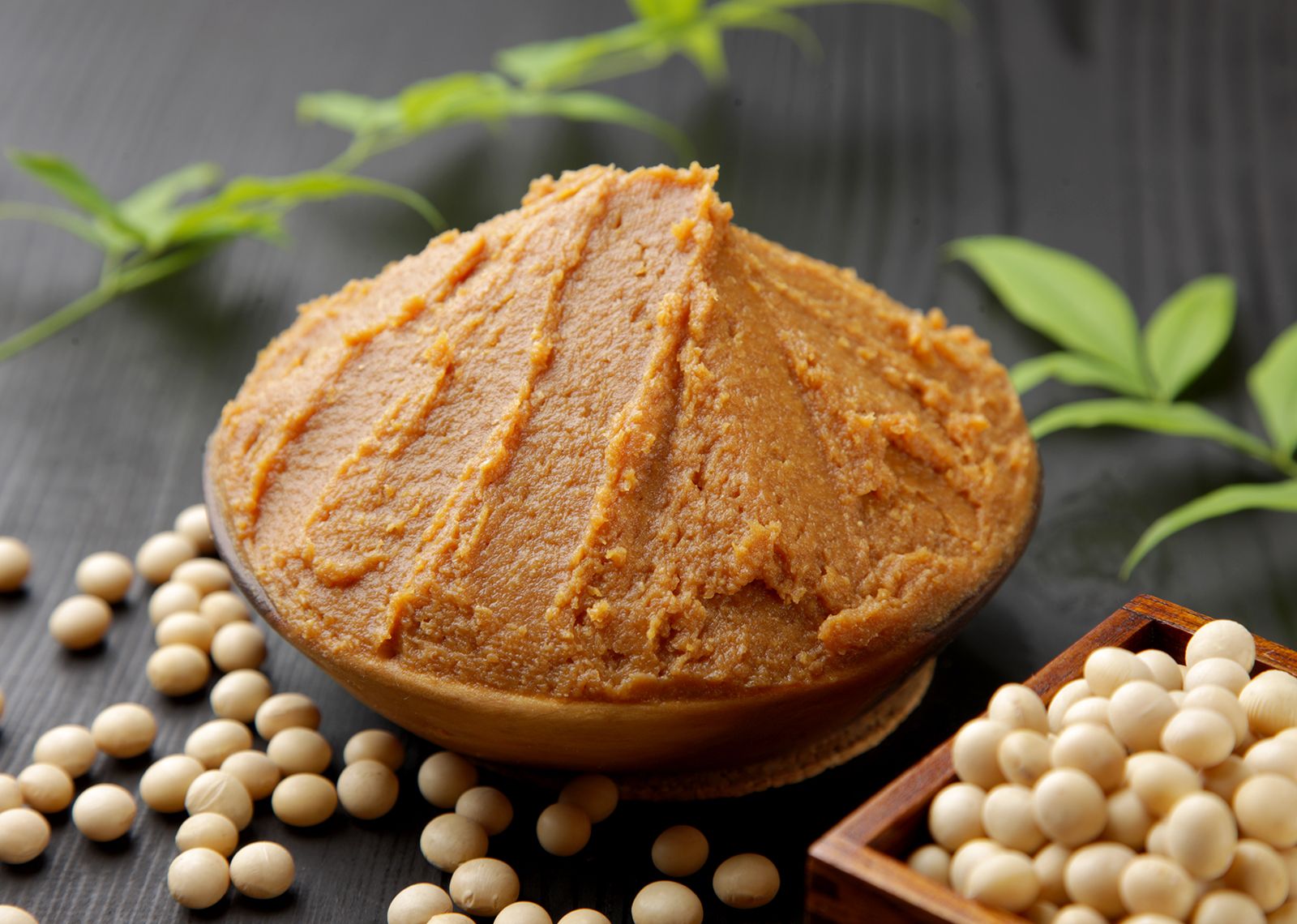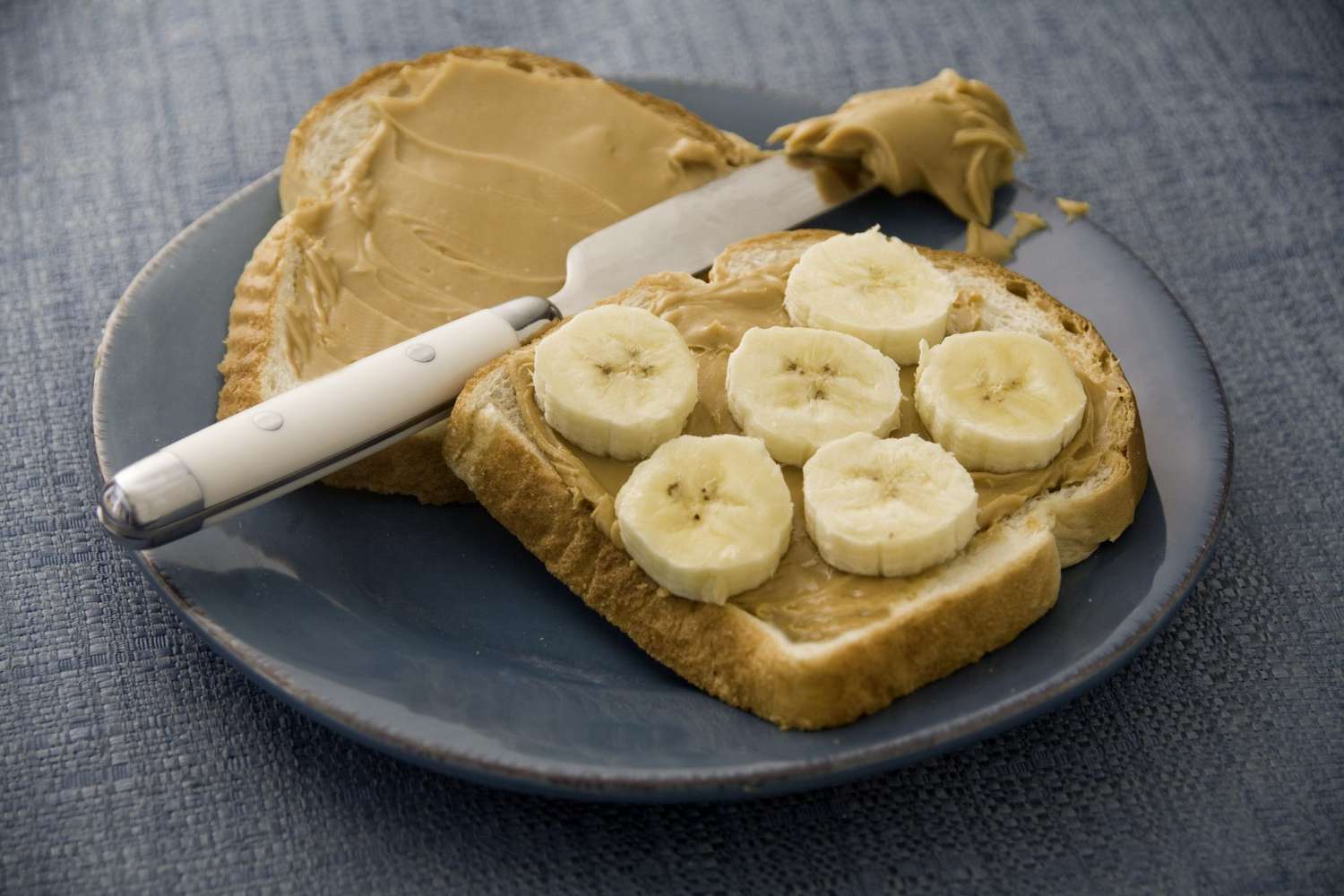Why Do Some Vegetables Have a Bad Reputation?
Vegetables are an essential part of a healthy diet, providing vital nutrients and fiber that our bodies need to function properly. However, not all vegetables are created equal in the eyes of the public. Some vegetables have gained a reputation for being the most hated among picky eaters and adventurous foodies alike. Let’s explore the reasons behind the aversion to these vegetables and whether they truly deserve their bad rap.
The Most Hated Vegetables
When it comes to the most hated vegetables, a few notorious contenders often make the list:
- Brussels sprouts
- Lima beans
- Beets
- Okra
- Turnips
Understanding the Dislike
There are several reasons why these vegetables are often disliked:
- Flavor: Some people are sensitive to the strong or bitter flavors of these vegetables, finding them unappealing.
- Texture: The texture of certain vegetables, such as Brussels sprouts and lima beans, can be off-putting to those who prefer smoother textures in their food.
- Preparation: Improper cooking or seasoning can lead to an unpleasant taste, further contributing to the dislike of these vegetables.
Changing Perceptions
While these vegetables may have a bad reputation, it’s essential to remember that taste preferences are subjective. With the right preparation and an open mind, it’s possible to change perceptions and even develop a newfound appreciation for these vegetables.
Ways to Make Hated Vegetables More Enjoyable
Here are some tips for making the most hated vegetables more palatable:
- Roasting: Roasting vegetables like Brussels sprouts and beets can bring out their natural sweetness and create a caramelized, flavorful result.
- Seasoning: Experimenting with different seasonings and spices can transform the taste of vegetables, making them more enjoyable for picky eaters.
- Incorporating into Recipes: Mixing disliked vegetables into dishes like soups, stews, or stir-fries can help mask their flavors while still reaping their nutritional benefits.
Exploring Alternative Preparations
For those who still can’t seem to embrace these vegetables, exploring alternative preparations or incorporating them into mixed dishes can be a game-changer. For example, blending beets into a smoothie or incorporating okra into a gumbo can provide a different experience that may be more enjoyable.
Conclusion
While some vegetables may have a bad reputation, it’s important to approach them with an open mind and willingness to experiment with different preparations and flavors. With a little creativity and culinary exploration, even the most hated vegetables can find a place on the plate and be appreciated for their unique qualities and nutritional benefits.
Was this page helpful?
Read Next: What Is The Best Long Island Iced Tea Premix

